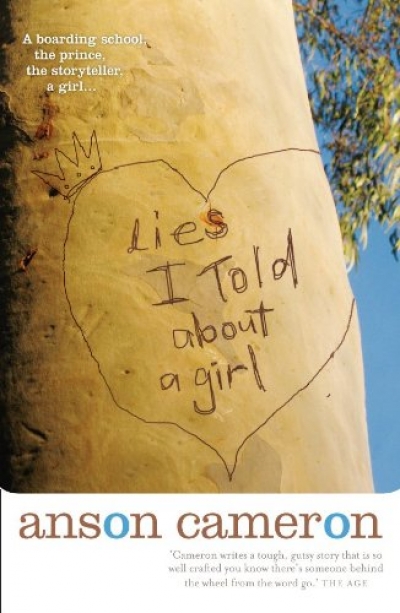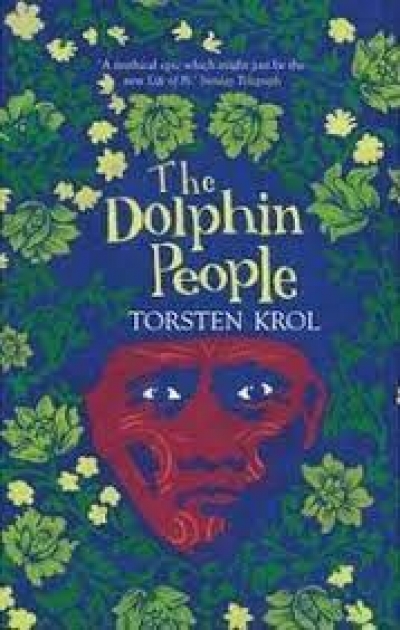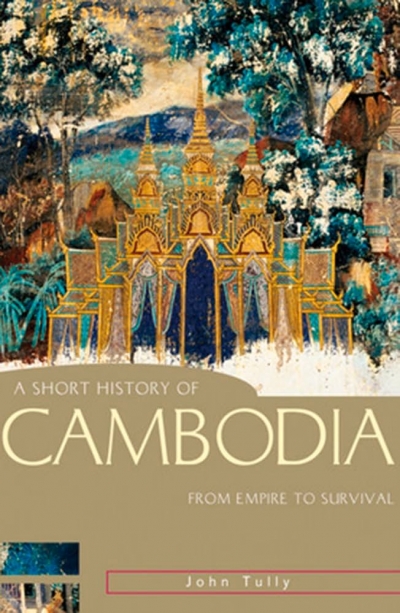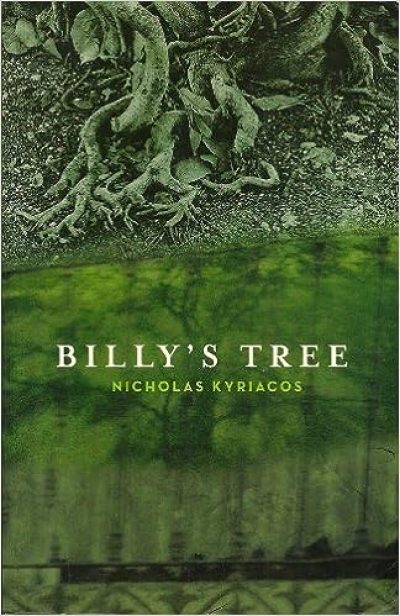Cambodia is best known for the Angkor temple complex, and for Pol Pot. This primer incorporates the famous monuments and the Killing Fields into 2000 years of history, from pre-Angkorean Funan to the present. As John Tully suggests, it suits ‘tourists, students and general readers’. Writing a ‘short history’ presents specific challenges: the author must balance a narrative that tells a comprehensible story with the reality that history is messy and contested. While Tully cannot avoid discussing eras, issues and personalities with haste, the chapter on the Angkorean civilisation is especially crammed. In part, this reflects his obligation to acknowledge scholarly disagreement, but a more detailed and leisurely account of the Angkor era would have been welcome. In contrast, the chapter on the French protectorate (1863–1953) is assured and authoritative, which is unsurprising since Tully previously wrote the majestic France on the Mekong: A History of the Protectorate in Cambodia, 1863–1953 (2002).
...
(read more)










